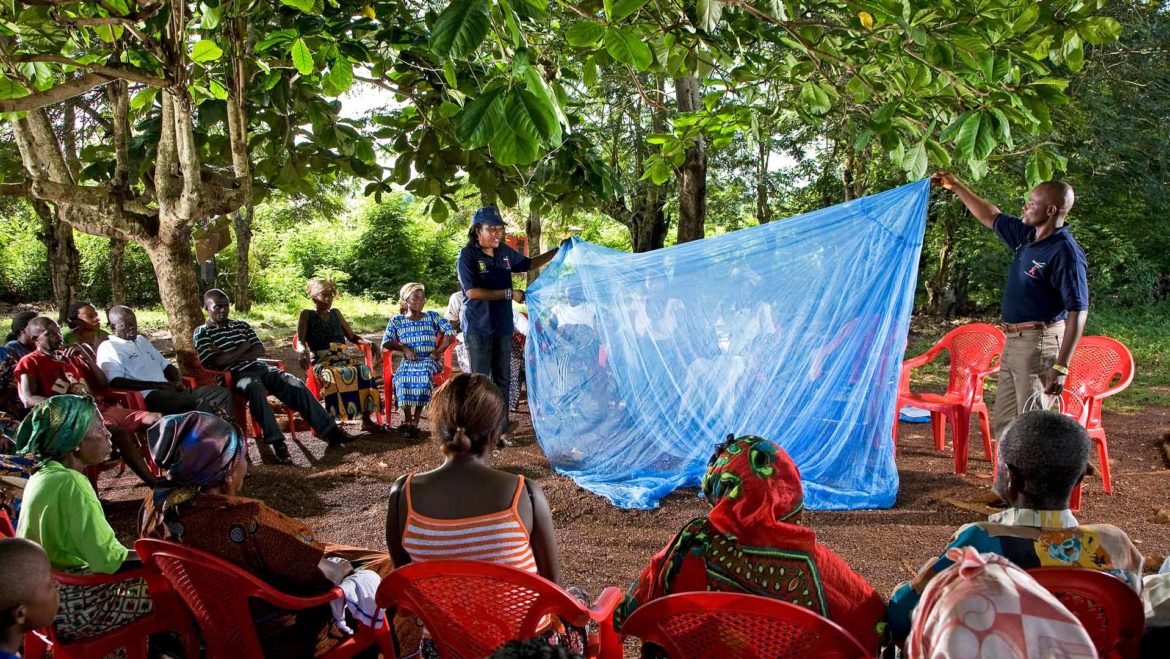
The Voluntary Principles
The VPs (p61) were developed in 2000 by governments, companies in the extractive and energy sectors and non-governmental organisations (NGOs). The VPs cover three key elements:
- Risk assessment (p23) – Companies should assess security risks and the potential for human rights abuses
- Public security providers (p37) – Companies should interact with public security providers ie police, military etc
- Private security providers (p49) – Companies should similarly interact with private security providers ie contracted security in a way that respects human rights
Protect, Respect and Remedy
This framework was developed by the UN Special Representative on Business and Human Rights to clarify roles and responsibilities:
- Protect (p11) – Governments have the duty to protect human rights. Businesses should be aware of these government responsibilities as they are essential implementation partners
- Respect (p23) – Business has the responsibility to respect human rights. Due diligence must be undertaken to avoid infringing on the rights of others
- Remedy (p37) – Business enterprises (p49) should establish operation-level grievance mechanisms for adversely impacted individuals and communities so issues can be remediated as soon as possible
What are human rights?
These are rights to which all individuals are entitled simply by virtue of their humanity, regardless of race, national or social origin or other status. They include civil and political rights, and economic, social and cultural rights. These are enshrined in the Universal Declaration of Human Rights and the International Bill of Rights. Human rights most applicable to the VPs relate to conflict situations – for example, the right to life, liberty and security of persons, freedom from torture and arbitrary arrest or exile. Annex B (p66) provides a list of the human rights articles and their relevance to the VPs.
What is International human law?
International Humanitarian Law (IHL) specifically regulates situations of armed conflict. Also known as “the law of armed conflict” or “the law of war”. In times of armed conflict, human dignity must be respected and protected. IHL regulates the resort to means and methods of warfare. It aims to ensure protection and humane treatment to those who do not, or no longer, take a direct part. IHL may also apply to activities of business enterprise in conflict-affected areas. Serious violations of international humanitarian law are war crimes. The international Committee of the Red Cross (ICRR) has produced a document outlining the rights and obligations of business under IHL.
Top Tips:
Key factors for effective implementation of the VPs:
- Corporate mandate – Corporate-level commitment to respecting human rights is a key factor that helps country and project-level staff
- International cooperation across departments/functions – Collaboration and cooperation between different corporate functions (eg security, community relations, governmental or external affairs, environment etc) or for smaller companies, alignment between individuals involved in those functions. It is impossible for one function to successfully implement the VPs alone
- Local community is a key security measure – to achieve local community support (“social licence to operate”) is often one of the most important layers of security protection a company can possess. Alignment between community engagement activities and the security function is a critical component of VPs implementation
- Cooperation with external stakeholders (p11) – It is virtually impossible for one company to successfully implement the VPs on its own without working with stakeholders. Governments, NGOs, local communities etc all have a role in implementing the VPs effectively
Further Reading:
